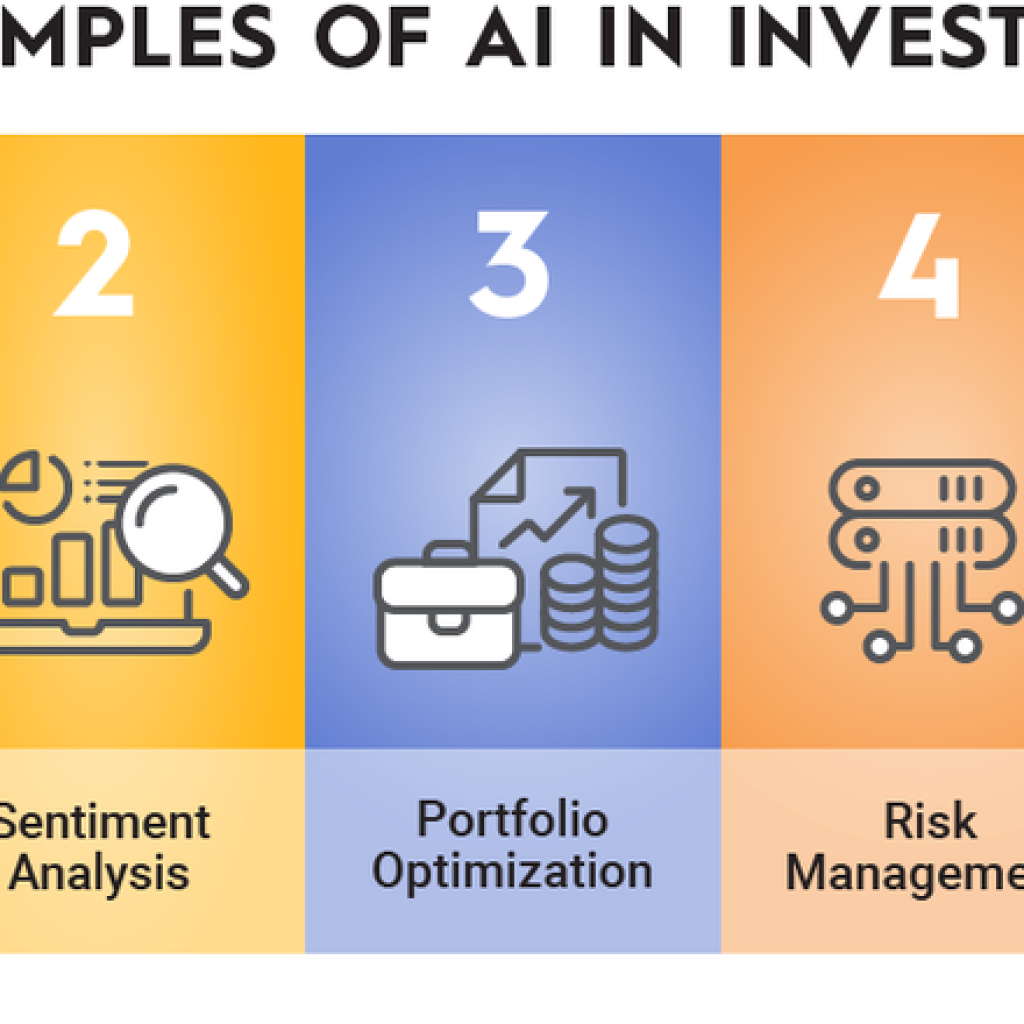
Italian officials are setting aside $33 million to enhance the development of digital skills for workers at risk termination due to automation and AI.
Italy’s back and forth with the emergence of artificial intelligence (AI) continues, after lawmakers in the country announced funds for those at risk of losing their jobs to automation.
On May 15 Italian officials set aside 30 million euros ($33 million) towards the Fondo per la Repubblica Digitale (FRD) to enhance the capabilities of the unemployed and those whose jobs are at risk of automation and AI-takeover.
The FRD was initially set up by the Italian government back in 2021 with the mission of boosting digital skills and “developing the country's digital transition.” According to the foundation, 54% of Italians between the ages of 16-74 are without basic digital skills as opposed to the European Union average of 46%.
While two-thirds of the funds will go towards helping the unemployed develop digital skills to enter the job market in the first place, 10 million will go towards those already at risk of AI replacement.
The FRD singled out professional industries that are categorized a high risk of AI replacement, including “transport and logistics, office and administrative support, production, services and the sales sector.”
Related: AI chatbot usage causes concern among 70% of Japanese adults: Survey
This development comes after Italy became one of the first countries to briefly ban the usage of the AI chatbot ChatGPT. The initial ban followed a data breach on the AI system which caused exposure to user data.
Regulators in Italy demanded more transparency from OpenAI, the company behind ChatGPT, along with implementing strict guidelines prior to lifting the ban. The application reentered the country after meeting such standards on April 29, nearly a month after its ban.
Despite being banned for only one month, the move triggered officials in Europe and around the world to consider policy towards AI. German regulators followed and launched an inquiry into ChatGPT’s GDPR compliance.
Currently parliament members in the E.U. are voting on a brand new AI Act, which would be among the first set of regulations for the emerging AI technology.
Magazine: ‘Moral responsibility’: Can blockchain really improve trust in AI?





